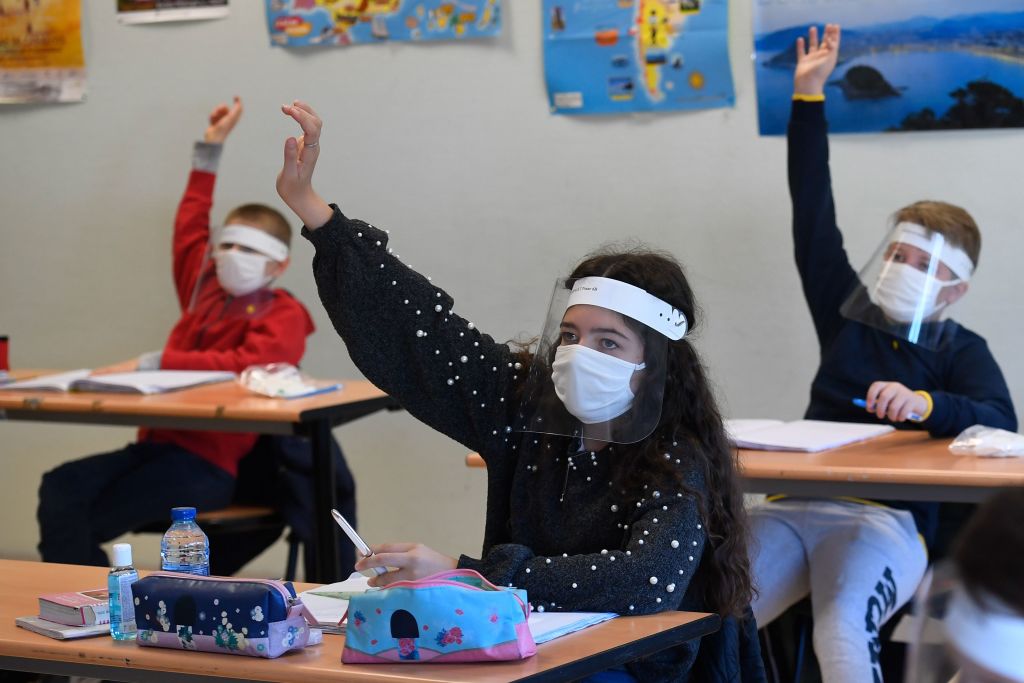THE REGULAR and widespread use of face masks combined with sporadic lockdowns could help prevent any further waves of coronavirus, according to a new research.
Academics from the universities of Cambridge and Greenwich conducting a modelling study found even the most rudimentary of face masks could dramatically reduce transmission rates if enough people wore them, whether infected or not.
Lead author, Dr Richard Stutt said: "Our analyses support the immediate and universal adoption of face masks by the public.
“If widespread face mask use by the public is combined with physical distancing and some lockdown, it may offer an acceptable way of managing the pandemic and re-opening economic activity long before there is a working vaccine.”
Covid-19 is transmitted through airborne droplets expelled by infectious people when either talking, coughing or sneezing. It can also be transmitted via surfaces.
Dr Stutt and his team examined the dynamics of viral spread between individuals within standard population levels, in order to determine the effectiveness of face masks and lockdowns.
In order for the pandemic to continue slowing the reproduction or R number, which related to the number of people an infected person passes the virus onto must stay below 1.0.
According to the findings of the study, published in the Proceedings of the Royal Society A, having people wear masks in public proved twice as effective at reducing R than only wearing masks if symptoms appear.
In all of the modelling scenarios examined in the research, scientists found if 50% or more of the population regularly wore face mask use by 50% or more it would reduce Covid-19 spread to an R of less than 1.0.
More significantly still, if 100% of the population opted to wear masks and agreed to one/off lockdowns, any further resurgence of the disease would be prevented in time for a vaccine to arrive.
The models presented in the study found that a national policy of total face mask use would still prevent a second wave, provided it was introduced within 120 days of the pandemic’s start.
Even if, in the case of some of the more rudimentary of mask, homemade masks only caught 50% of the droplets responsible for spreading the virus, they would have a “population-level benefit”.
 Photo by DAMIEN MEYER/AFP
Photo by DAMIEN MEYER/AFPThe study’s co-author Professor John Colvin, from the University of Greenwich, said: “There is a common perception that wearing a face mask means you consider others a danger.
“In fact, by wearing a mask you are primarily protecting others from yourself.
“Cultural and even political issues may stop people wearing face masks, so the message needs to be clear: ‘my mask protects you, your mask protects me.”
“The approach to face masks should go further than just public transport.
“The most effective way to restart daily life is to encourage everyone to wear some kind of mask whenever they are in public.”

